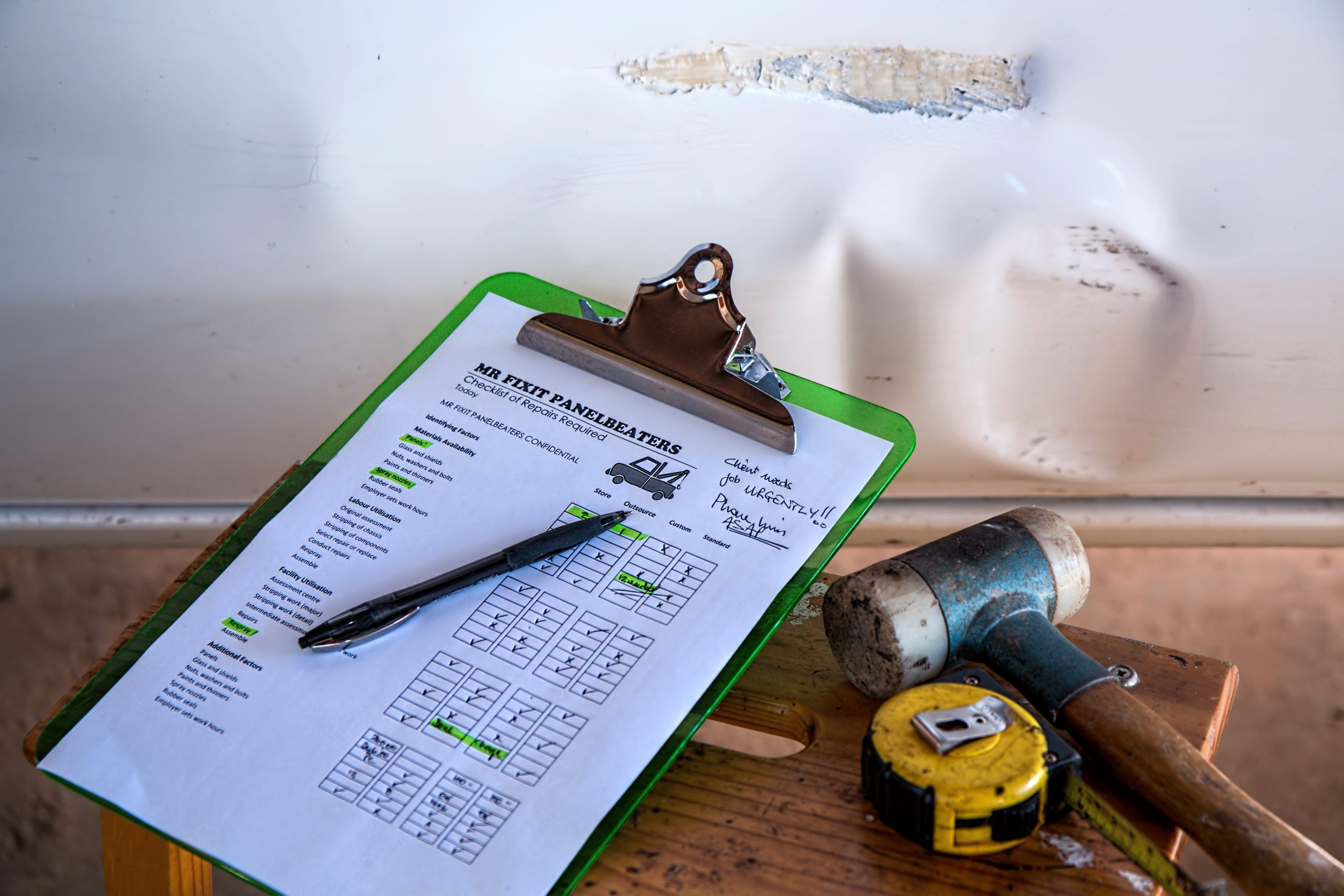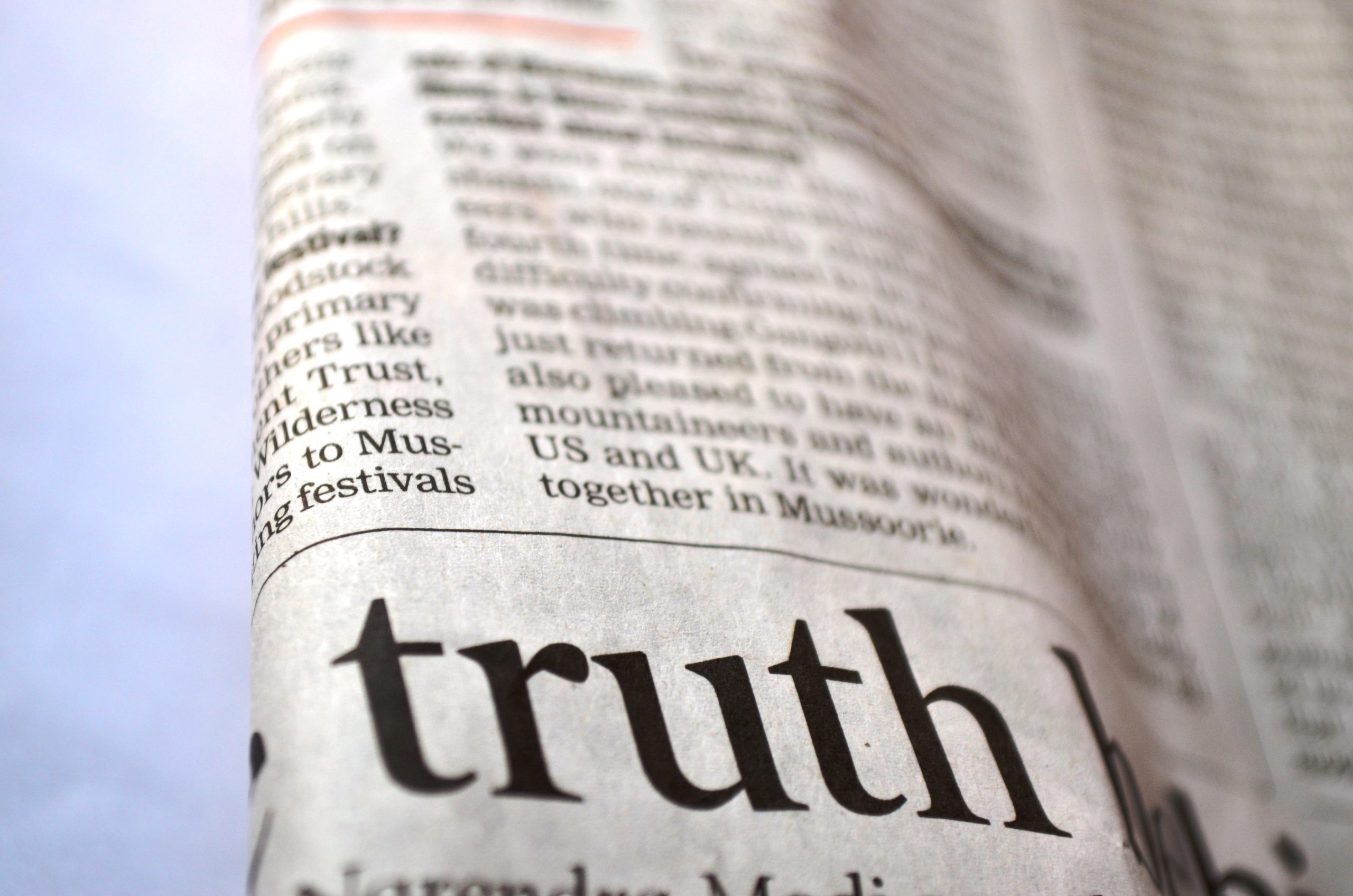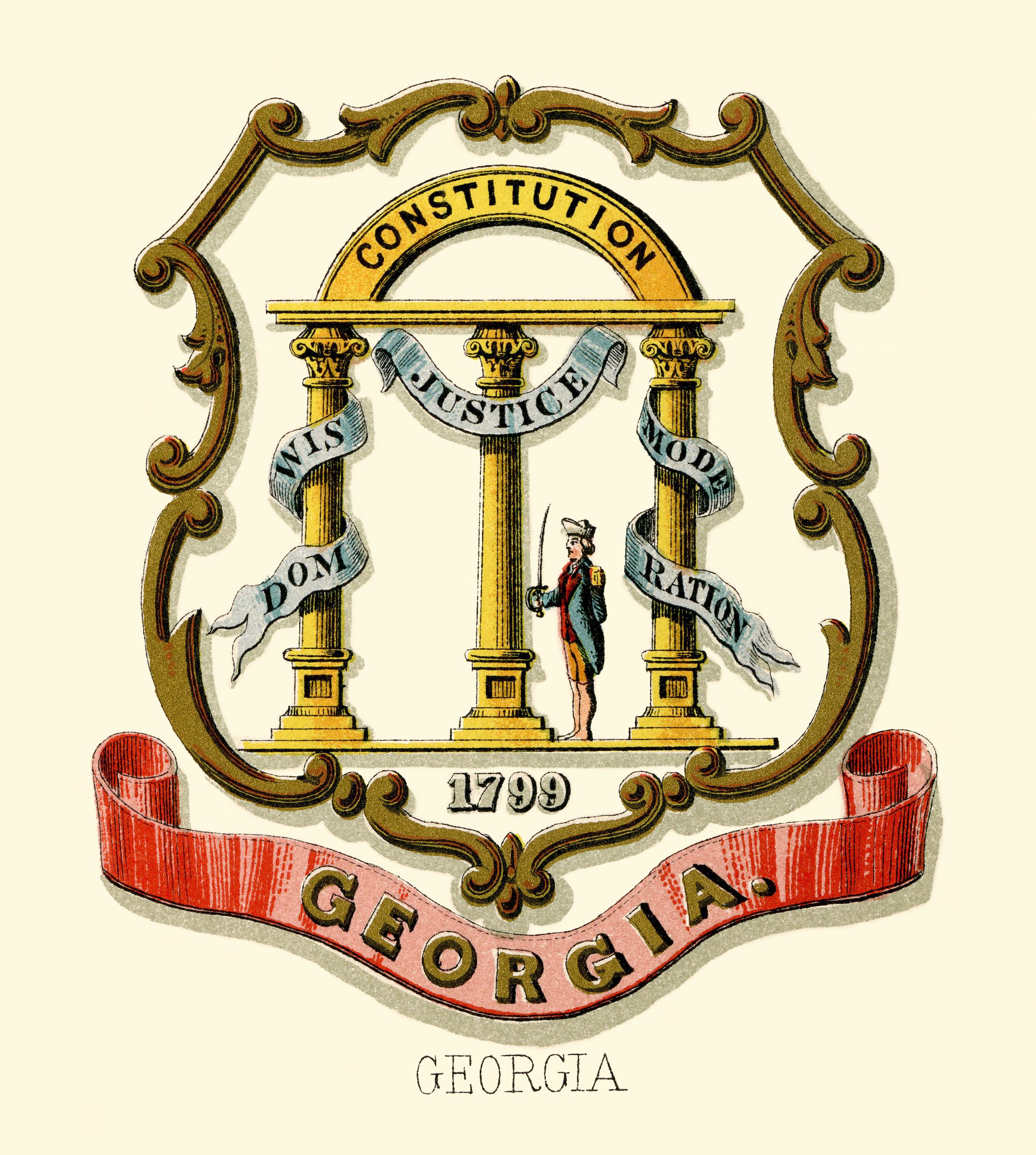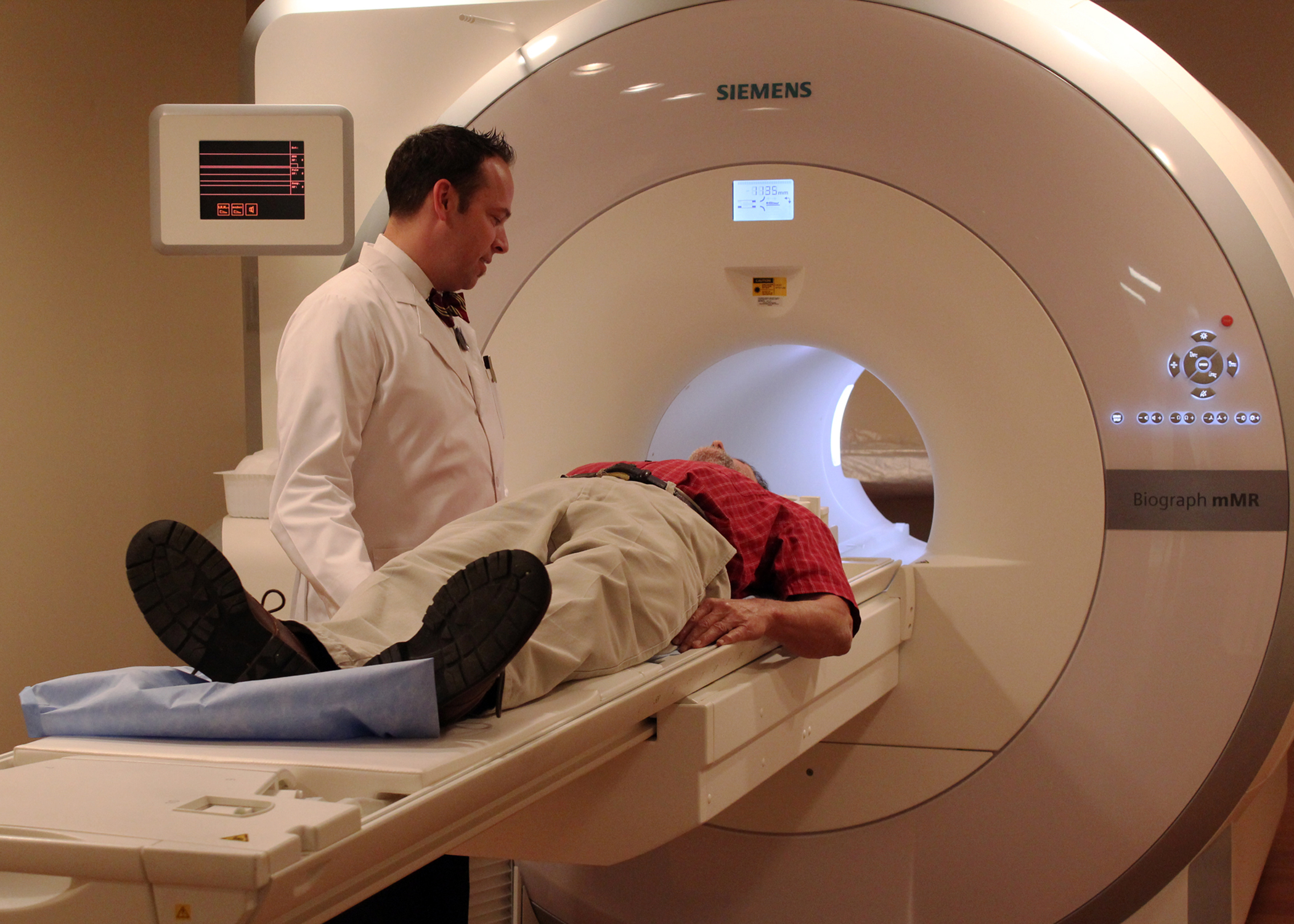 We have all heard that “good fences make good neighbors.” But what happens when there is a dispute about the boundary of two pieces of property? The following conflict between New Fellowship Baptist Church and the Beals, who found themselves at odds over the boundary of their adjoining properties, helps answer this question. The dispute raises questions about the concept of acquisitive prescription, the importance of possession, and the determination of boundaries. By carefully examining the trial and appellate court’s rulings, we gain insights into the legal principles and the significance of seeking professional advice in property-related conflicts.
We have all heard that “good fences make good neighbors.” But what happens when there is a dispute about the boundary of two pieces of property? The following conflict between New Fellowship Baptist Church and the Beals, who found themselves at odds over the boundary of their adjoining properties, helps answer this question. The dispute raises questions about the concept of acquisitive prescription, the importance of possession, and the determination of boundaries. By carefully examining the trial and appellate court’s rulings, we gain insights into the legal principles and the significance of seeking professional advice in property-related conflicts.
New Fellowship Baptist Church, located in Delhi, Louisiana, was established in 1919. Florenda and Kathy Beals purchased property located adjacent to the church. The Beals sent the church a notice of trespass warning and told the church it needed to remove its structures and other movable items on its property.
Under La. C.C. art. 3486, a person can acquire property, even without title or possession in good faith, by prescription of 30 years. At trial, multiple witnesses had testified that New Fellowship had had a choir stand in the location for at least 30 years. Other witnesses testified about maintenance services the church had provided and New Fellowship’s indoor plumbing. The trial court ruled in favor of New Fellowship and dismissed the Beals’ trespass claims.
 Insurance Dispute Lawyer Blog
Insurance Dispute Lawyer Blog



 The process of filing insurance claims can be time-consuming, demanding careful attention from all parties involved. In a recent ruling by the First Circuit Court of Appeal in Louisiana, the importance of timely and exhaustive pursuit of administrative remedies before seeking judicial review in insurance payment disputes was underscored. The case of Southern Framers of Louisiana, LLC (Southern Framers) sheds light on the consequences of premature legal action, emphasizing the need to explore alternative avenues, such as administrative proceedings, before resorting to the courts. Through an examination of Southern Framers’ dispute with a healthcare provider, this ruling serves as a valuable reminder for future litigants to exhaust administrative remedies diligently and consider the proper timing and procedures in pursuing legal recourse.
The process of filing insurance claims can be time-consuming, demanding careful attention from all parties involved. In a recent ruling by the First Circuit Court of Appeal in Louisiana, the importance of timely and exhaustive pursuit of administrative remedies before seeking judicial review in insurance payment disputes was underscored. The case of Southern Framers of Louisiana, LLC (Southern Framers) sheds light on the consequences of premature legal action, emphasizing the need to explore alternative avenues, such as administrative proceedings, before resorting to the courts. Through an examination of Southern Framers’ dispute with a healthcare provider, this ruling serves as a valuable reminder for future litigants to exhaust administrative remedies diligently and consider the proper timing and procedures in pursuing legal recourse. In a society built upon the principles of justice and fairness, few experiences can be as devastating as being wrongfully accused of a crime, subsequently arrested, and imprisoned for a wrongdoing one did not commit. The ramifications of such a traumatic ordeal can be profound, leaving individuals grappling with profound emotional, psychological, and even physical consequences. In the face of such injustice, victims must be allowed to seek justice and hold accountable those responsible for their unwarranted suffering.
In a society built upon the principles of justice and fairness, few experiences can be as devastating as being wrongfully accused of a crime, subsequently arrested, and imprisoned for a wrongdoing one did not commit. The ramifications of such a traumatic ordeal can be profound, leaving individuals grappling with profound emotional, psychological, and even physical consequences. In the face of such injustice, victims must be allowed to seek justice and hold accountable those responsible for their unwarranted suffering.  Safeguarding your property rights is of utmost importance, as the consequences of inadequate protection can be far-reaching. While oil and gas rights disputes may not directly affect the average citizen, other property-related conflicts can significantly impact individuals and their assets. In such complex situations, navigating the intricacies of property laws requires the expertise of an experienced attorney who can empower you with a clear understanding of your rights, ensure the legal protections you are entitled to, and advocate on your behalf. The following lawsuit shows the importance of expert counsel in understanding your property rights.
Safeguarding your property rights is of utmost importance, as the consequences of inadequate protection can be far-reaching. While oil and gas rights disputes may not directly affect the average citizen, other property-related conflicts can significantly impact individuals and their assets. In such complex situations, navigating the intricacies of property laws requires the expertise of an experienced attorney who can empower you with a clear understanding of your rights, ensure the legal protections you are entitled to, and advocate on your behalf. The following lawsuit shows the importance of expert counsel in understanding your property rights.  When an item is repaired, it is reasonable to expect it to be safe and free of defects upon its return. However, when an injury occurs after a product’s repair, the injured party is entitled to seek damages. For example, Joe McPherson suffered a knee injury after the battery compartment of a tractor, which Ronald Dauzat repaired, fell apart. The question of negligence and responsibility arose, leading to a legal dispute and subsequent appeal.
When an item is repaired, it is reasonable to expect it to be safe and free of defects upon its return. However, when an injury occurs after a product’s repair, the injured party is entitled to seek damages. For example, Joe McPherson suffered a knee injury after the battery compartment of a tractor, which Ronald Dauzat repaired, fell apart. The question of negligence and responsibility arose, leading to a legal dispute and subsequent appeal. Honesty is always the best policy. This proverb rings especially true in the legal system, where truthfulness and transparency are vital to maintaining the legal process. Failure to tell the truth or even a mistake in remembering the facts can bring severe consequences, as Mark and Paulette Moore discovered after a car accident on Interstate 10 in Iberville Parish.
Honesty is always the best policy. This proverb rings especially true in the legal system, where truthfulness and transparency are vital to maintaining the legal process. Failure to tell the truth or even a mistake in remembering the facts can bring severe consequences, as Mark and Paulette Moore discovered after a car accident on Interstate 10 in Iberville Parish. Even if you have a unique job like a stunt performer, you can still get brought down to Earth by the complexities of determining what your insurance policies do and do not cover if you are involved in an insurance coverage dispute. In that case, it is important to understand the plain language of your insurance contract, how different provisions in the policy interact, and how courts interpret insurance policies.
Even if you have a unique job like a stunt performer, you can still get brought down to Earth by the complexities of determining what your insurance policies do and do not cover if you are involved in an insurance coverage dispute. In that case, it is important to understand the plain language of your insurance contract, how different provisions in the policy interact, and how courts interpret insurance policies.  When a loved one dies in a car accident, dealing with insurance is likely the last thing on your mind. Unfortunately, insurance policies can be complicated, with many details and exceptions. If you do not fully understand your insurance coverage, you might find yourself in a difficult situation when seeking compensation from your insurance company. This is especially important when your vehicles and insurance policies cover multiple states.
When a loved one dies in a car accident, dealing with insurance is likely the last thing on your mind. Unfortunately, insurance policies can be complicated, with many details and exceptions. If you do not fully understand your insurance coverage, you might find yourself in a difficult situation when seeking compensation from your insurance company. This is especially important when your vehicles and insurance policies cover multiple states.  Navigating bureaucracy and red tape is a common experience when dealing with government agencies and trying to obtain workers’ compensation benefits. However, if you find yourself frustrated by what seems like an improper requirement, you might be able to challenge an administrative agency’s actions as exceeding its authority, as Calvin Arrant did here.
Navigating bureaucracy and red tape is a common experience when dealing with government agencies and trying to obtain workers’ compensation benefits. However, if you find yourself frustrated by what seems like an improper requirement, you might be able to challenge an administrative agency’s actions as exceeding its authority, as Calvin Arrant did here.  In the event that you find yourself in the challenging position of pursuing a medical malpractice lawsuit against your doctor, the presence of an expert witness becomes paramount. Such a witness is instrumental in establishing the negligence of your treating physician. A recent case originating from the Parish of East Baton Rouge sheds light on the specific qualifications required for expert witnesses in medical malpractice cases and the circumstances in which their testimony may be deemed unnecessary. Join us as we delve into this notable court ruling, which clarifies the vital role of experts and the instances where their expertise may be exempted.
In the event that you find yourself in the challenging position of pursuing a medical malpractice lawsuit against your doctor, the presence of an expert witness becomes paramount. Such a witness is instrumental in establishing the negligence of your treating physician. A recent case originating from the Parish of East Baton Rouge sheds light on the specific qualifications required for expert witnesses in medical malpractice cases and the circumstances in which their testimony may be deemed unnecessary. Join us as we delve into this notable court ruling, which clarifies the vital role of experts and the instances where their expertise may be exempted.